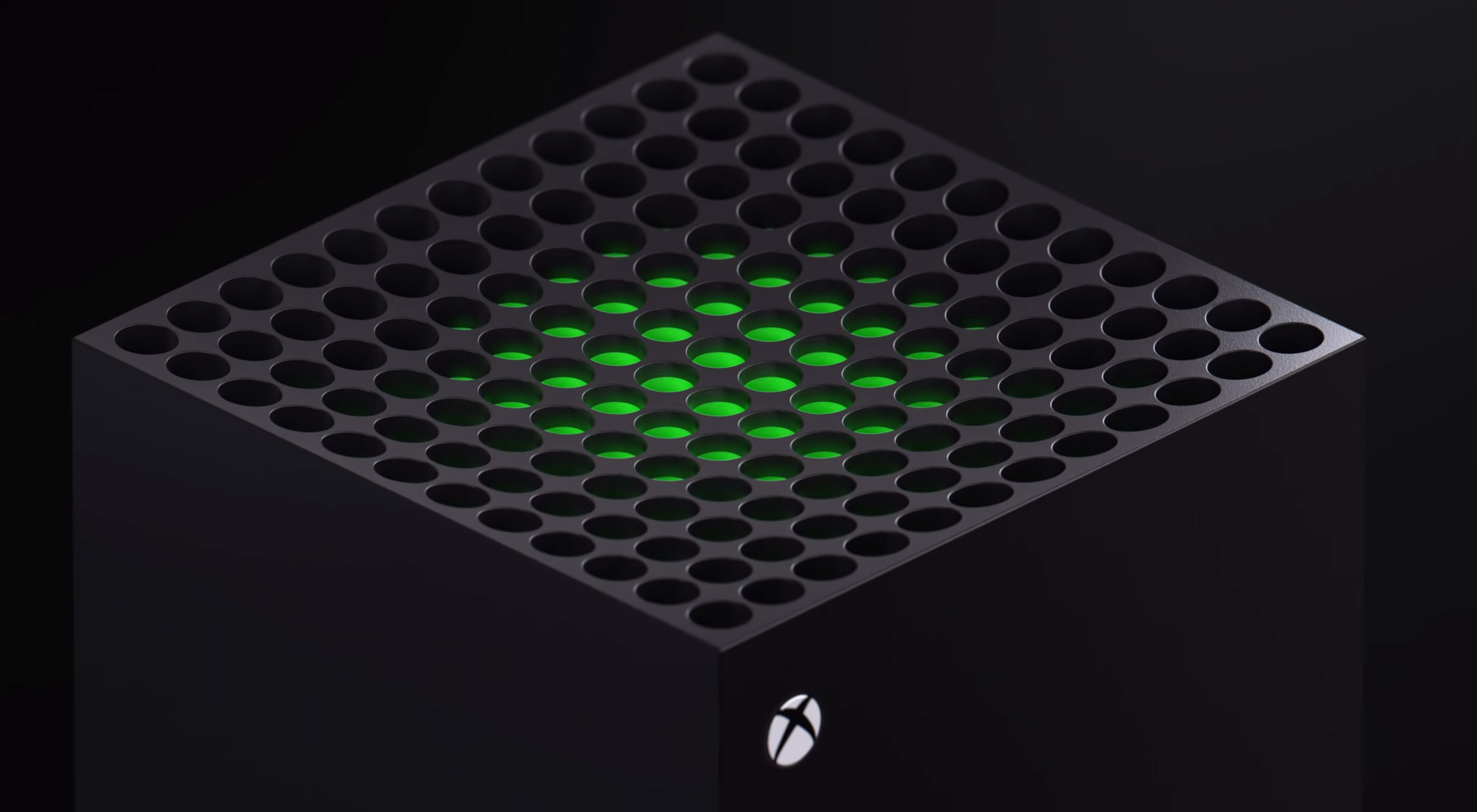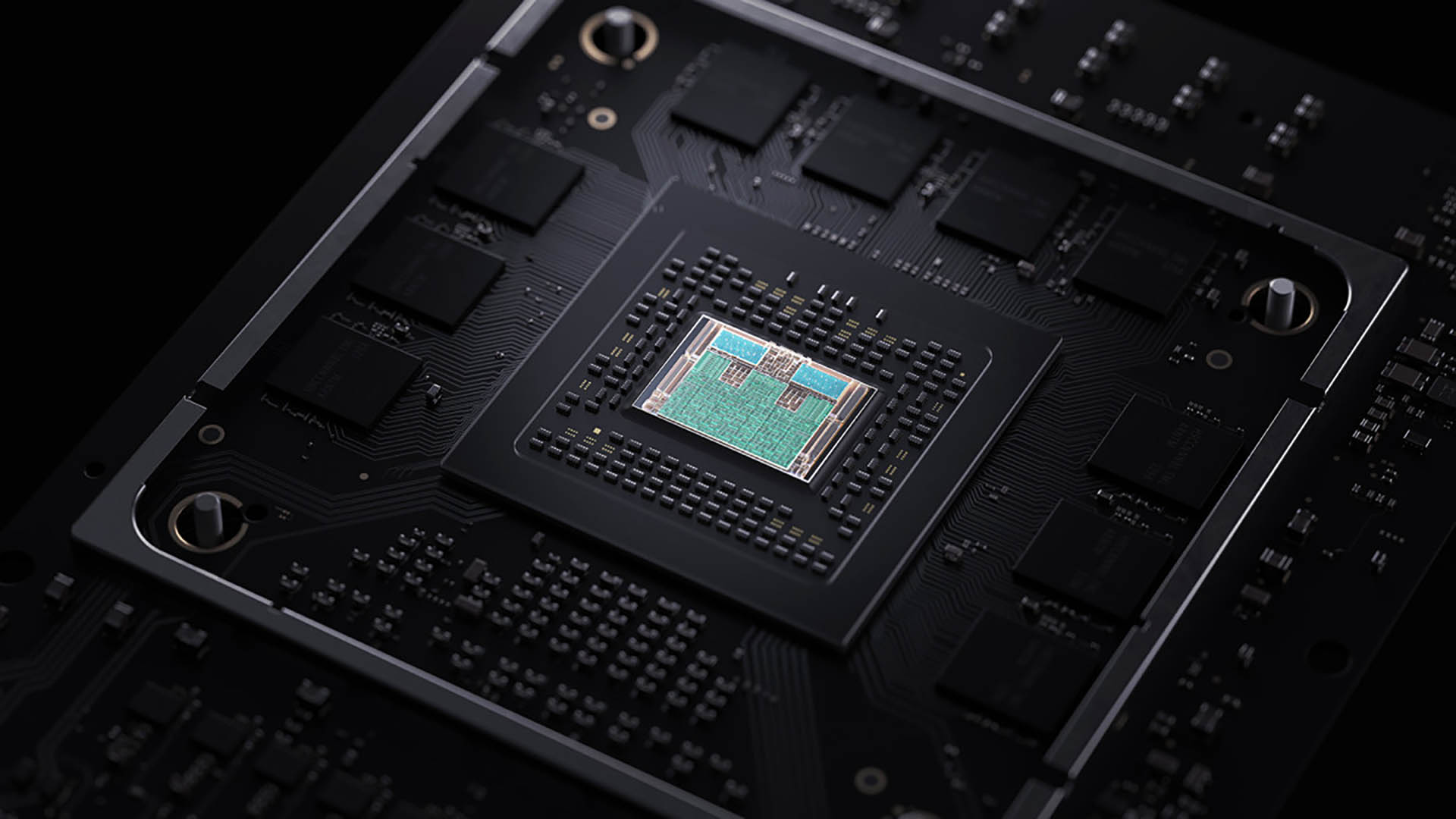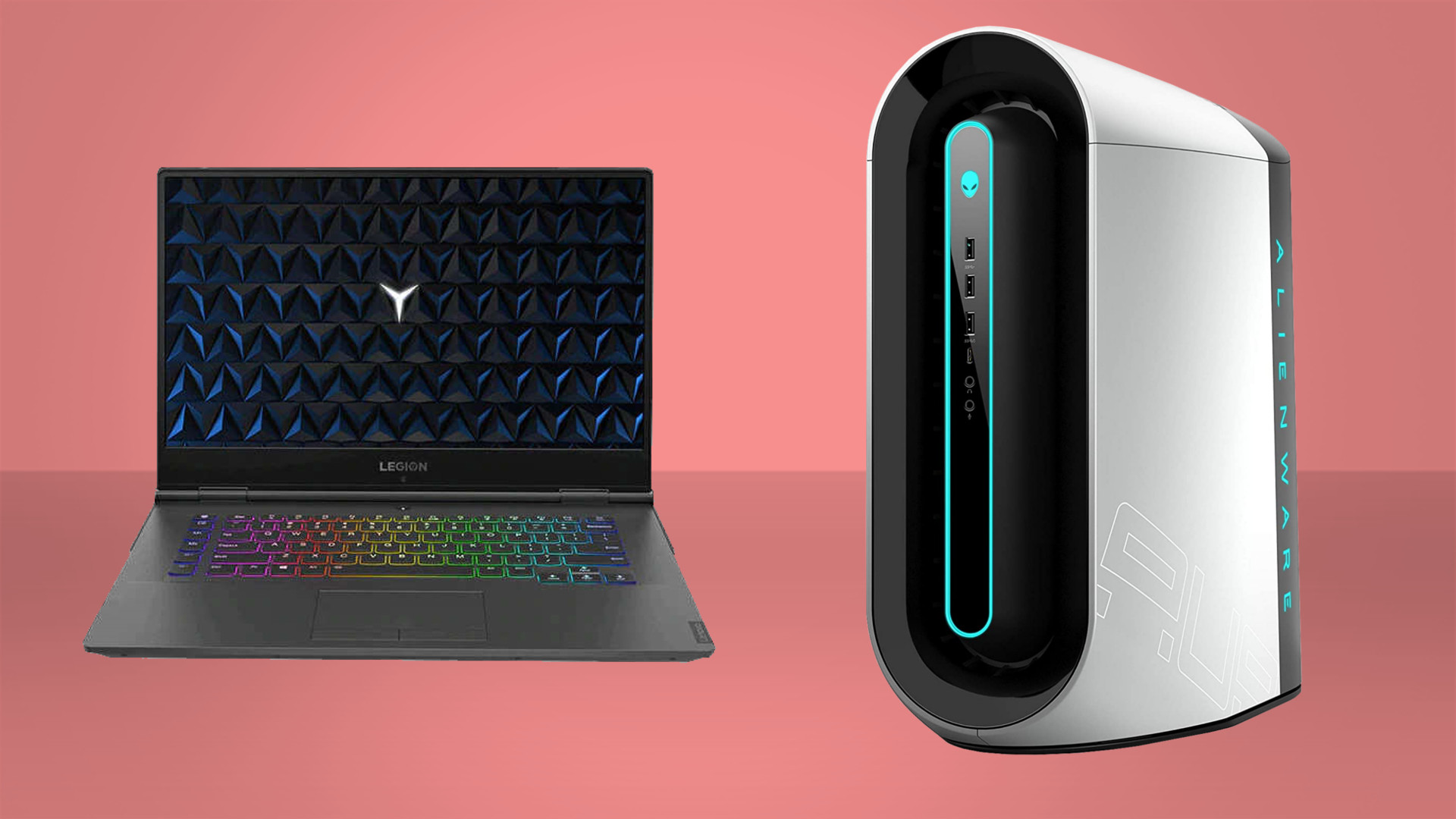New Xbox features look to convince gamers to stuff standby and shutdown instead
Xbox Series X|S consoles will automatically shift to Shutdown (energy saving) mode, and PC gamers could also take note.

Microsoft is rolling out three new features to Xbox Insiders that will attempt to reduce the environmental impact of its Series X|S consoles. For the inclusion of these new features, Microsoft has given its Xbox console the title of "the first carbon aware console", but if you can look past all that lofty marketing, the new features could go some way to reducing unnecessary power draw from its consoles.
The first new feature is carbon aware game downloads and updates, which schedules console updates for when it can suck the most renewable energy from your local power grid.
"Xbox will schedule game, app, and OS updates for your console at specific times during the nightly maintenance window that may result in lower carbon emissions because a higher proportion of electricity is coming from lower-carbon sources on the electric grid," Microsoft says.
The next feature is actually pretty simple: Microsoft is changing it so Xbox Insider's consoles automatically shift to the Shutdown (energy saving) power option. If you leave your console in standby mode you could be drawing up to 20 times more power than if you shut the console down fully (0.5W to around 10–15W, according to Microsoft). Standby is likely the go-to option of choice for most gamers, which means this could be the real power saver of the lot.
Last-gen Xbox One consoles will also be receiving a new Shutdown (energy saving) power mode. Since there are roughly 50 million of those consoles out in the wild, plenty of which are likely to still be operating, this could be the feature that's most important for power savings on the whole. Then again, Microsoft is still trying to figure out the best way to tell users of the change, and there's no automatic shift to the new shutdown mode for the older model.
The console's boot time will be slower with the new mode enabled, but that feels like a small price to pay for lower energy consumption.

The hard work will be getting users to make the change in their settings menu, especially on the older console where users may be less aware of new features being added. It looks like Microsoft is aware of the mammoth task of actually getting Xbox One owners to make the switch. To try and convince users to take the plunge on the energy-saving setting, Microsoft says it will save the equivalent amount of carbon removed by one tree planted and grown for a decade for every two consoles that switch to Shutdown (energy saving).
The biggest gaming news, reviews and hardware deals
Keep up to date with the most important stories and the best deals, as picked by the PC Gamer team.
Lastly, Microsoft is adding an active hours feature for those console owners that absolutely require a swift boot time. During the stated active hours (automatically configured on X|S but manually set on Xbox One), the console will be available from standby as per usual. Outside of these active hours, the console will shut down.

Best gaming PC: The top pre-built machines from the pros
Best gaming laptop: Perfect notebooks for mobile gaming
These features are only available to Xbox Insiders currently, but Microsoft says the update will roll out to other users "soon".
These features have already made it to Windows PCs, if you're looking for ways to reduce your footprint on your desktop. Windows 11 will only update when more renewable energy is available in your local grid, using data from ElectricityMap and WattTime. These are likely the same services powering the Xbox X|S's carbon aware updates, too.
Gaming machines of all types are pretty power-hungry beasts, but no more so than high-performance PCs. It bears mentioning that simply shifting from sleep to shutdown can be a big help in reducing latent power draw for your machine, which not only helps save the planet but could save you a small amount on your energy bill. Sure, it's not going to amount to much month-to-month, but over a lifetime of PC gaming, it all adds up.

Jacob earned his first byline writing for his own tech blog. From there, he graduated to professionally breaking things as hardware writer at PCGamesN, and would go on to run the team as hardware editor. He joined PC Gamer's top staff as senior hardware editor before becoming managing editor of the hardware team, and you'll now find him reporting on the latest developments in the technology and gaming industries and testing the newest PC components.

